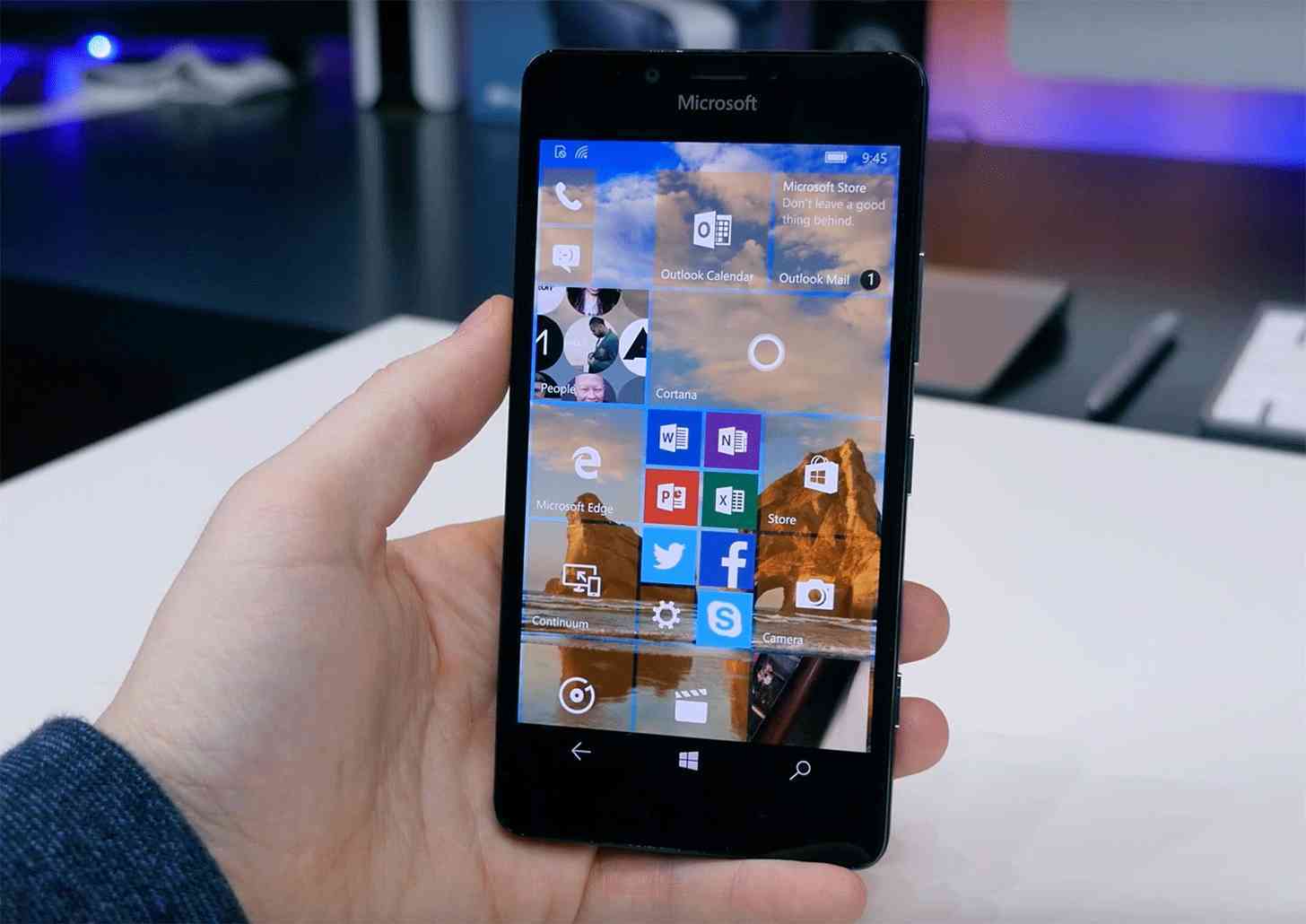
The one thing we can all agree on, I hope, is that people are going to like what they like. We all have different use cases, different things we’re looking for when it comes to the technology we use, and, sometimes, that doesn’t line up with our own personal stuff. That’s why if you like Android it’s okay that someone else likes iOS, and why it’s okay that some folks out there still prefer to use Windows 10 Mobile, or even a BlackBerry!
It’s shocking, I know, but even if we try really hard to convince someone we love, or even kind of like, to use what we use, because we have a laundry list of reasons why they should, we know deep down that they’re still going to like what they like.
People out there still want flip phones, for example.
No matter what, competition is a good thing. We, as consumers, get the fruit of those spoils when companies like Google, Apple, BlackBerry, Microsoft, Palm, and whoever else out there compete with one another. (That is, until those companies stop doing what it is they started doing in the first place.) So it’s even a good thing that your best friend hates the phone you use because they’re using something else, or you can’t persuade your significant other to jump ship and see the light of whatever phone you love in the moment.
But what happens when even the company behind that phone you may love seems to be giving up?
This isn’t something like a Palm situation I’m alluding to here, where the company went the way of the dodo and HP stepped in, only to run it all out of our hands anyway. I could still pick up a Palm Pixi and turn it on and see how webOS used to make me such a happy camper, but I couldn’t realistically use the phone anymore, for a variety of reasons.
Even BlackBerry, which has given up on its own proprietary software for all intents and purposes, still makes its great hardware — just with Android on it. And Microsoft, too, which has effectively given up on the consumer smartphone market (for now), still sees phones manufactured by the likes of HP (hah!), and is still releasing new builds of the platform with new features.
The software lives on, and there’s plenty of reasons why someone might like Windows 10 Mobile, but what’s that person to do when Microsoft has said there’s no real hardware to look forward to? There’s a chance you’re running a relatively older device, probably with a Nokia brand name on it, and you may not have upgraded to the Lumia 950 or Lumia 950 XL. So getting something newer this year would’ve been a big deal. But now we know that’s not happening.
And if you don’t want to pick up a phone that’s going to be geared towards the enterprise, like it’s being suggested that the oft-rumored Surface Phone will be, then there’s still not anything to look forward to in 2017, either.
Do you hold onto that old(er) phone? Do you keep it as your daily driver, just so you can hold onto Windows 10 Mobile for as long as you can? Or do you give up on it all and switch to something else? That’s what I’m curious about right now. If you’re still using Windows 10 Mobile, why are you sticking with the platform? Let me know!